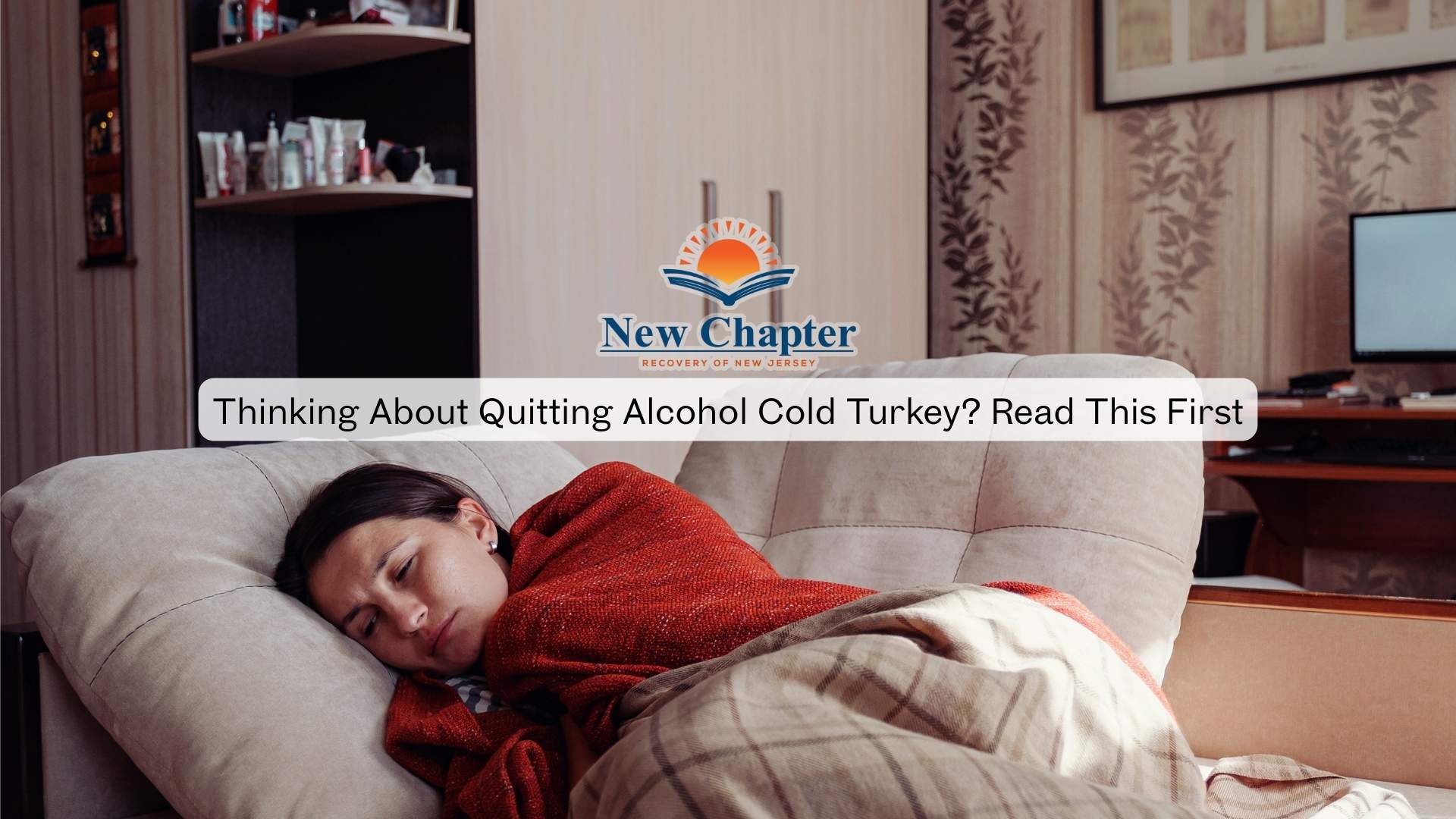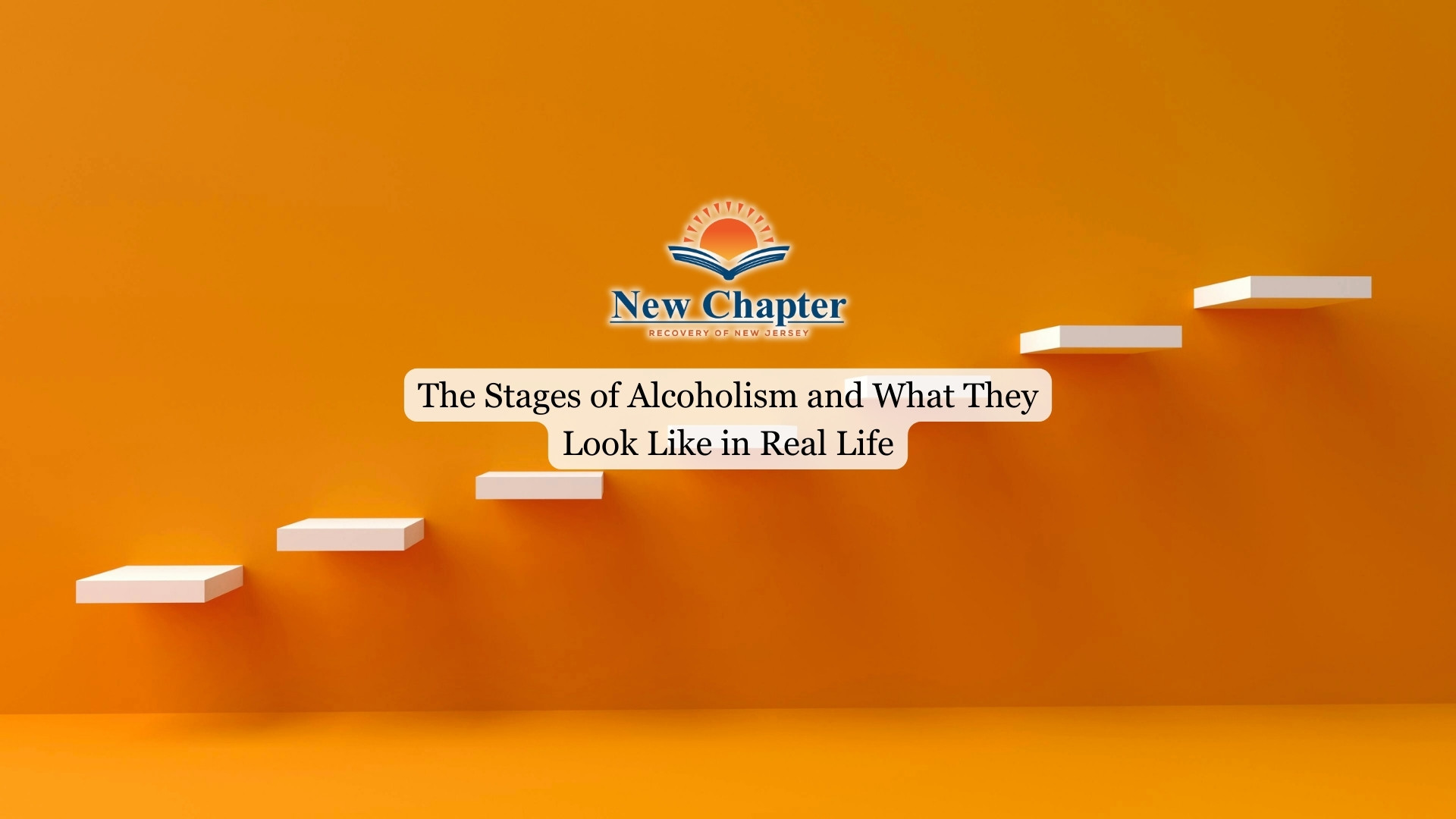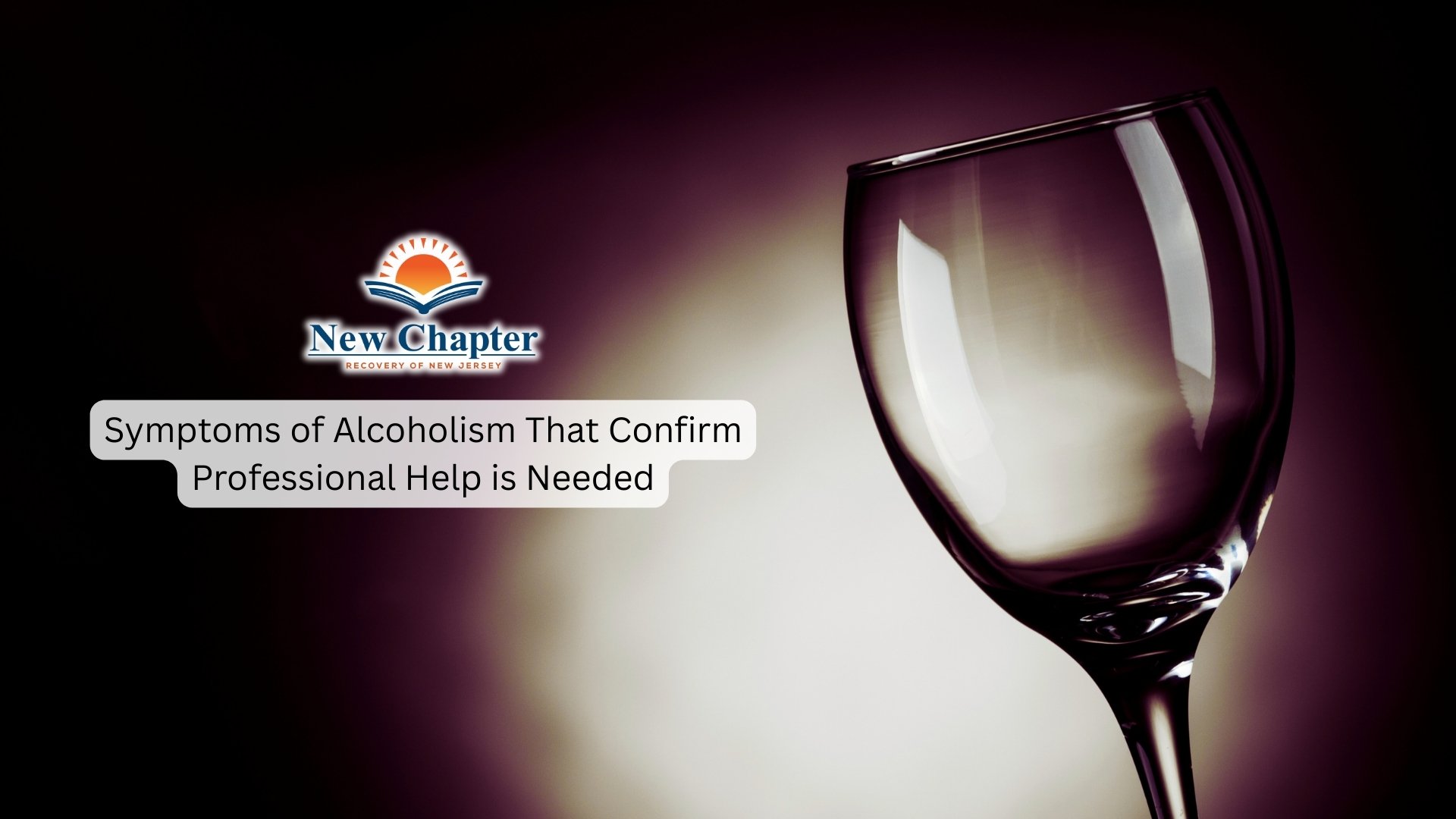
Breaking free from cocaine addiction without rehab is a difficult and demanding process. While some individuals may attempt to recover on their own, this approach carries considerable risks.
Without professional guidance and structured support, overcoming addiction can become even more challenging. It is crucial to explore all available options and consider alternative treatment methods before committing to an independent recovery path.
Taking the time to assess potential challenges and seeking expert assistance can significantly improve the chances of achieving lasting sobriety and preventing relapse.
Table of Contents
ToggleRisks of Overcoming Cocaine Addiction Alone
Overcoming cocaine addiction without professional assistance can be challenging due to the significant risks involved. Withdrawal from cocaine can lead to severe symptoms like agitation and intense cravings, which may be difficult to manage without proper support.
Without the structure and supervision provided by a rehab program, coping with these symptoms can become overwhelming. Lack of medical oversight also increases the likelihood of relapse due to the intense physical and psychological effects of withdrawal.
Seeking help from professionals in a rehab setting is essential for a safe and effective detox process. Professional support not only assists in managing withdrawal symptoms but also equips individuals with tools to address the underlying issues contributing to addiction.
It’s important to remember that you don’t have to face these challenges alone, and seeking help can greatly impact your journey to recovery.
Do you have a friend or a relative struggling with cocaine addiction? Learn how to help them:
https://newchapterrecoverynj.com/how-to-help-someone-addicted-to-cocaine/
Importance of Professional Support

When dealing with cocaine addiction, seeking the guidance and support of professionals is essential for your recovery journey. Professional help is crucial in addressing addiction as it offers necessary assistance, resources, and expertise to navigate the recovery process.
Having professional support significantly enhances the likelihood of successfully overcoming cocaine addiction and maintaining long-term sobriety. Rehab programs provide a comprehensive approach that includes therapy, support groups, and medical care customized to meet individual needs.
With professional assistance, individuals can access personalized treatment plans, acquire coping strategies, and establish a solid foundation for a drug-free lifestyle. Seeking professional support is a proactive step towards a healthier and addiction-free future.
Withdrawal Timeline and Symptoms
Cocaine withdrawal is characterized by a range of symptoms that typically manifest within hours of cessation and peak over the initial days. These symptoms commonly include fatigue, increased appetite, vivid dreams, and irritability.
More severe manifestations like depression, anxiety, and strong cravings can endure for weeks. Additionally, physical discomfort such as body aches, tremors, and agitation may be part of the withdrawal experience.
It’s important to recognize that the withdrawal process is individualized, with the acute phase usually lasting 1-2 weeks. Managing cocaine withdrawal without medical supervision can be challenging due to the intensity of these symptoms, underscoring the need for professional assistance to ensure a safe and effective withdrawal process.
Safe Strategies for Cocaine Withdrawal
Effectively managing cocaine withdrawal requires strategies that support both your physical and emotional well-being during this challenging time. Common withdrawal symptoms such as depression, anxiety, fatigue, and intense cravings can be difficult to handle on your own.
Seeking medical guidance and professional monitoring is crucial for ensuring a safe withdrawal process. A healthcare provider can offer personalized recommendations to help manage symptoms and support your overall well-being.
Additionally, developing a strong relapse prevention plan after detox can be instrumental in maintaining long-term sobriety. This plan may include therapy, participation in support groups, and ongoing professional care to address the underlying causes of addiction.
By staying committed to a structured recovery approach and reaching out for support, you can greatly improve your chances of successfully overcoming cocaine addiction.
Strategies for Successful Recovery
Utilizing resilience can play a crucial role in supporting your journey towards recovery from cocaine addiction. Seeking professional treatment is a key step in effectively addressing addiction. Rehab programs offer a range of services including therapy, support groups, and medical care, which are associated with higher success rates in recovery.
Engaging with reputable rehab centers like Rehabs UK can provide you with the necessary tools to address both the physical and psychological aspects of addiction, reducing the likelihood of relapse. It’s important to note that attempting to quit cocaine addiction without professional support often leads to low success rates, underscoring the importance of seeking guidance from trained professionals.
With the right treatment and support system in place, you can work towards overcoming cocaine addiction and transition towards a healthier, drug-free lifestyle.
Final Thoughts From New Chapter Recovery Center on Cocaine Treatment
You can overcome cocaine addiction without rehab, but it’s risky and challenging. Seeking professional support in a rehab setting is crucial for managing withdrawal symptoms and increasing your chances of successful recovery.
With the right resources and expertise, you can overcome addiction and achieve long-term sobriety. Don’t be afraid to reach out for help – you don’t have to go through this alone.
Frequently Asked Questions
What are the biggest challenges of quitting cocaine without rehab?
The biggest challenges of quitting cocaine without rehab include managing intense cravings, withdrawal symptoms, and psychological dependence without professional support. Without structured guidance, individuals may struggle with relapse triggers, emotional distress, and a lack of coping strategies. A strong support system and alternative recovery methods are essential for improving the chances of long-term sobriety.
What are the most common triggers for relapse, and how can they be managed?
Common relapse triggers include stress, social environments where drug use occurred, exposure to people who use cocaine, and emotional distress. Managing these triggers involves identifying high-risk situations, developing healthy coping mechanisms like therapy or exercise, and building a strong support network. Avoiding triggers whenever possible and seeking professional or peer support can help maintain sobriety.
How can family members help someone who refuses to go to rehab?
Family members can help by offering emotional support, encouraging open communication, and educating themselves about addiction. Avoiding enabling behaviors and setting clear boundaries can also be beneficial. If the individual is resistant to rehab, exploring alternative treatment options like outpatient therapy or support groups may be a helpful first step.
How long does it take for the brain to heal after stopping cocaine use?
The brain begins to heal within weeks of stopping cocaine use, but full recovery can take months to years, depending on the severity and duration of use. Dopamine levels gradually stabilize, improving mood, cognitive function, and impulse control over time. Engaging in therapy, exercise, and healthy lifestyle habits can support the brain’s healing process and long-term recovery.






